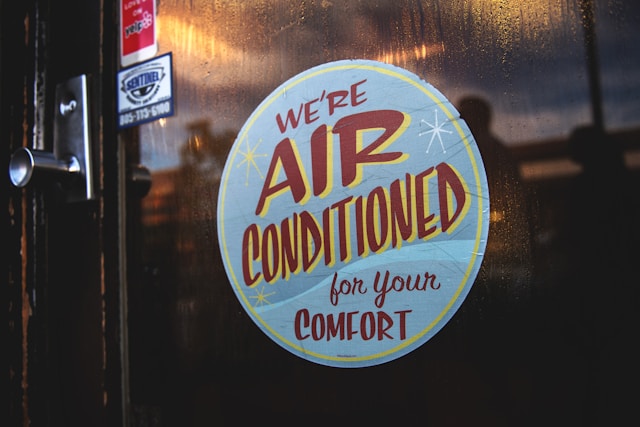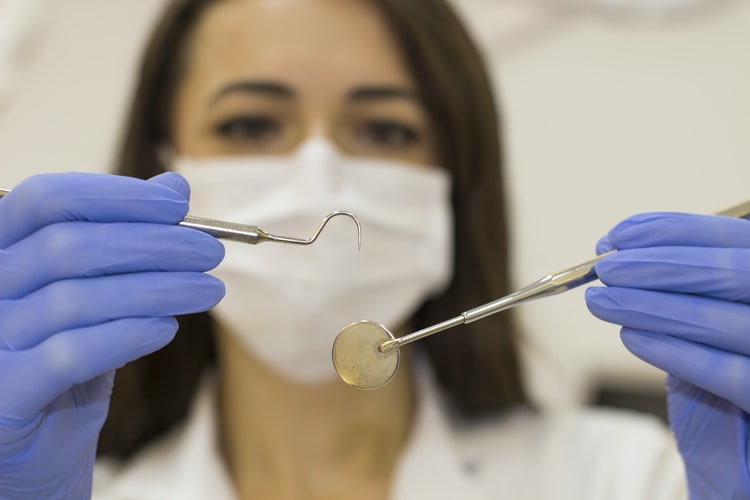Covid Vs. Monkeypox – Key Differences
This article will explain what is the SARS-CoV-2 virus, which causes covid vs monkeypox. We will also talk about the symptoms of this disease, the vaccination, and possible events that led to the evolution of this particular virus. This is an important topic to explore, as it can be quite dangerous. The vaccine is currently the only way to protect against the disease, but it is not a fool-proof method.
Covid vs Monkeypox
Despite the similarities in the two diseases, there is major differences between the types of symptoms experienced by victims of Monkeypox and Covid. Symptoms of the latter are generally mild in 2022 Britain, and include headache, fever, and general weakness. Monkeypox, on the other hand, may be more severe and lead to life-threatening complications, including hemorrhaging, respiratory difficulties, and vomiting. Among the complications, deafness is the most common, although it has no direct link with severity.
Monkeypox is spread through close contact. The current outbreak has two strains, one of which is similar to the one found in western African countries. It can infect humans by skin-to-skin contact and prolonged physical contact with an infected item. Unlike monkeypox, COVID-19 is not spread through skin-to-skin contact, but can be transmitted through close physical contact with an infected person.
Symptoms of covid vs monkeypox
There are similarities between the two types of rash illnesses, but there are some key differences. Monkeypox can be spread through close physical contact, respiratory droplets, and contaminated materials. While it is rare to catch the disease, it can easily spread through sexual intercourse. In some instances, it can even spread via the genitals. If you or a member of your household shows symptoms, you should see a health care provider to make sure you have either of these diseases.
Monkeypox is a viral illness. However, it isn’t nearly as serious as Covid. While it is most prevalent in Africa, it has recently been reported in many countries, including the United States. The word “monkeypox” evokes images of a disaster movie. However, researchers say it’s important to remember that the disease is not a risk to humans in most places.
Prevention
One of the key differences between Covid and monkeypox prevention is the time period. The Covid pandemic, which occurred in Europe in the early 2020s, raised public health concerns and helped diagnose other infectious diseases. The epidemic weakened public health services and affected communities. Childhood vaccinations were severely restricted, and many people became ill. Travel and social isolation were also compromised. But, despite the risks, the Covid pandemic solutions were a success in its own right.
In contrast, monkeypox is less contagious than COVID-19. Vaccination programs are still the best option for prevention. While the two viruses have similar symptoms, they are not related. Monkeypox is a disease that spreads through close physical contact, while COVID is contagious only among humans. Scientists have studied both viruses for over 50 years, and they are familiar with the ways in which they spread and can be treated.
Vaccine
Vaccines against monkeypox can help prevent the deadly disease. Two licensed vaccines, ACAM200 and JYNNEOS TM, protect against monkeypox. Healthcare workers can also get these vaccines to protect themselves. The vaccines are effective when given within a certain period of time after exposure. While a vaccine against smallpox has been available for over a century, monkeypox is a new threat.
Unlike smallpox, monkeypox is a rare disease, affecting one in 10 people worldwide. Its symptoms include fever, swollen lymph nodes, and an itchy, red rash. The illness can be fatal, and is often spread through close contact. There are vaccines available for humans: a first-generation one, for instance, is widely available. It was first administered in Switzerland during the smallpox eradication campaign.

A journalist with a deep interest in regional cultures and histories, James covers Appalachian heritage, community issues, and local economic developments.










